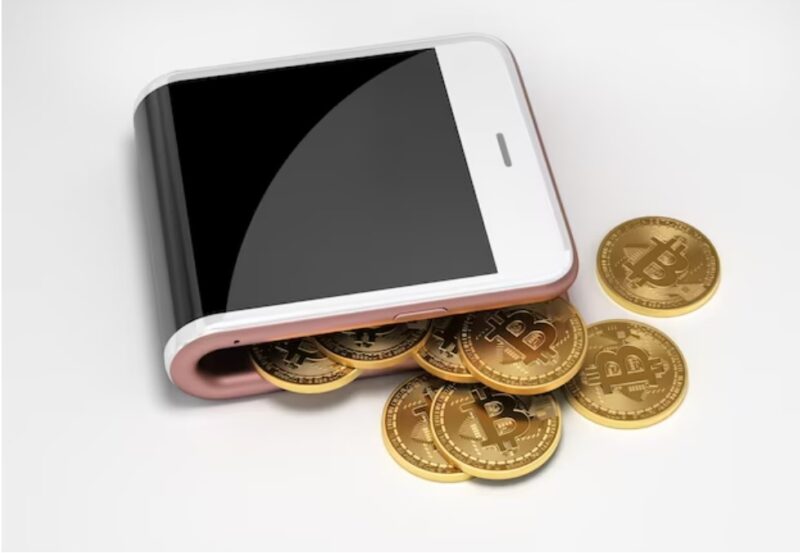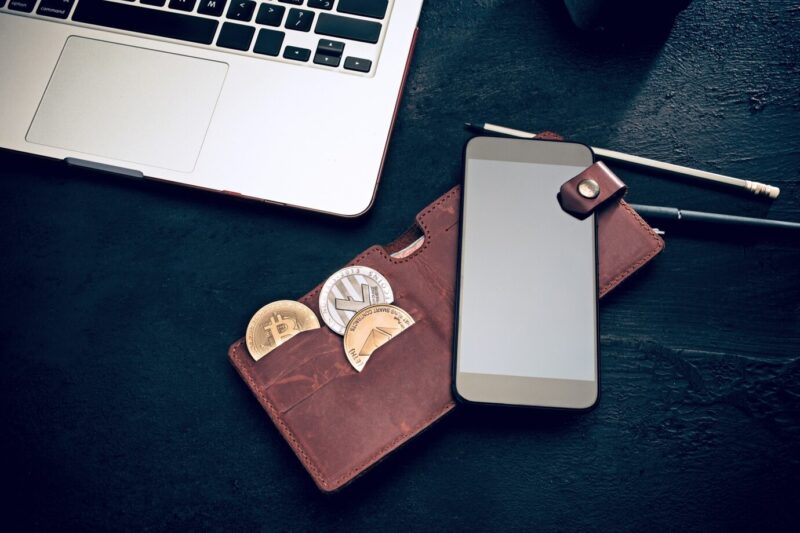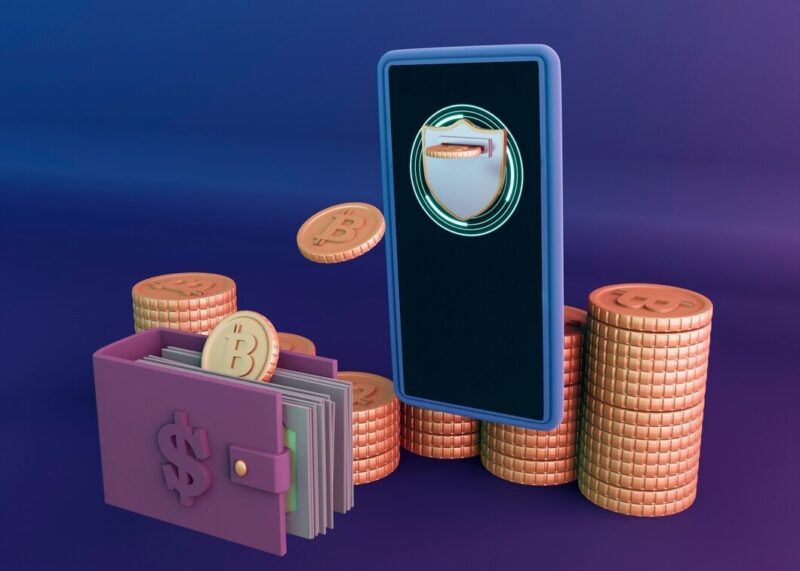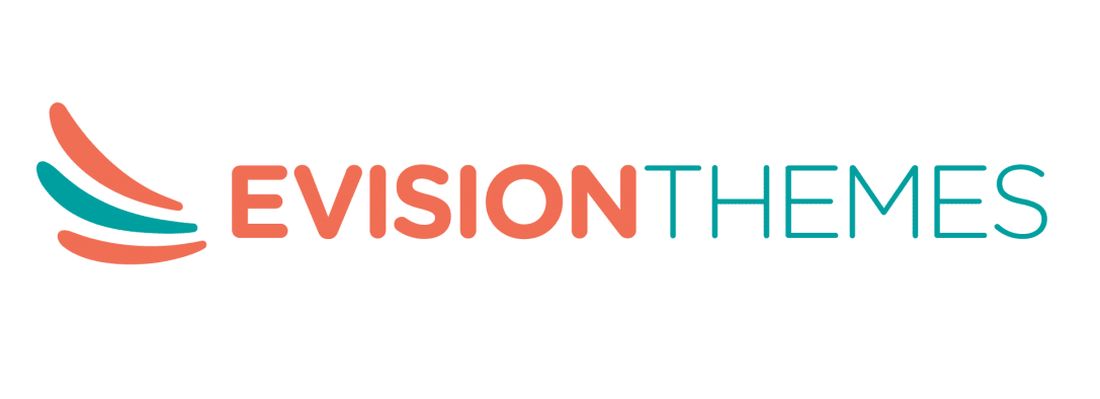In the rapidly evolving landscape of digital finance, the advent of cryptocurrency has ushered in a new era of financial transactions, redefining the traditional notions of currency management and security. At the heart of this digital revolution lies the crypto wallet, a pivotal tool for anyone looking to navigate the complex world of cryptocurrencies.
A crypto wallet, far from being a simple repository of digital coins, serves as a sophisticated interface that facilitates the secure storage, sending, and receiving of cryptocurrencies like Bitcoin, Ethereum, and notably, TRX coin.
Unlike traditional wallets that hold physical currency, a crypto wallet doesn’t store cryptocurrencies directly. Instead, it secures the user’s private keys—cryptographic proof of ownership—while interacting with the blockchain to manage assets.
This distinction is crucial for understanding the security and operational mechanisms behind digital currency transactions. As we delve deeper into the functionalities and types of crypto wallets in subsequent sections, it becomes evident that choosing the right trx coin wallet is paramount for ensuring the safety and accessibility of one’s digital assets. The exploration of crypto wallets is not just a technical endeavor but a necessary step for anyone looking to partake in the digital economy’s opportunities and challenges.
Understanding Crypto Wallets

Delving into the core of digital asset management, crypto wallets emerge as essential conduits between users and the blockchain, the decentralized ledger that records all cryptocurrency transactions. These wallets do not, contrary to what the name might suggest, store cryptocurrencies. Instead, they hold the keys to accessing these digital assets on the blockchain: the public key, which can be shared and is akin to a bank account number, and the private key, a highly confidential password that grants ownership and control over the assets.
Crypto wallets are categorized based on their functionality and connectivity to the internet. Software wallets, which include desktop, mobile, and online wallets, offer convenience and constant access to one’s assets but vary in security levels. Desktop wallets, installed on a personal computer, provide a balance between accessibility and security, whereas mobile wallets, accessible via smartphone apps, prioritize convenience for on-the-go transactions. Online wallets, managed through a web browser, present the highest risk due to potential online vulnerabilities but are unmatched in terms of accessibility.
Conversely, hardware wallets, physical devices resembling USB drives, store private keys offline, offering enhanced security by being immune to online hacking attempts. Paper wallets, though less common in the digital age, represent another form of cold storage, consisting of printed-out private and public keys for those preferring a tangible backup.
The dichotomy between hot wallets (software-based and constantly connected to the internet) and cold wallets (hardware and paper wallets, disconnected from the internet) highlights the trade-off between convenience and security. Each type serves distinct user needs, from high-frequency trading to long-term, secure asset storage. Understanding this spectrum of crypto wallets is paramount for navigating the cryptocurrency ecosystem effectively, ensuring both the security of private keys and the seamless execution of transactions on the blockchain.
The Importance of Crypto Wallets

The significance of crypto wallets transcends mere storage solutions; they are the linchpin of secure and effective cryptocurrency management. In an ecosystem where the concepts of ownership and transfer are predicated on cryptographic keys, the integrity and security of these keys become paramount. Crypto wallets facilitate this, offering a user-friendly interface to interact with the blockchain while ensuring the confidentiality of private keys.
Moreover, crypto wallets empower users with autonomy over their digital assets. Unlike traditional banking systems, where third parties have control over an individual’s funds, crypto wallets put the power directly in the hands of the user. This decentralization of control is a core tenet of the cryptocurrency philosophy, providing a level of financial sovereignty not possible in conventional financial systems.
The strategic importance of crypto wallets extends to the facilitation of transactions. They enable the seamless exchange of digital currencies, from everyday purchases to large-scale transfers, all while maintaining the integrity of the transaction through secure cryptographic protocols. This capability is crucial in a digital economy where speed, efficiency, and security are valued.
In the broader perspective of decentralized finance (DeFi), crypto wallets are instrumental. They serve as the gateway to a plethora of financial services on the blockchain, from lending and borrowing platforms to complex financial instruments. The wallet’s ability to interact with smart contracts and participate in the DeFi ecosystem underscores its role not just as a storage unit but as a dynamic tool for engaging with the future of finance.
In summary, the importance of crypto wallets cannot be overstated. They are essential for the secure management of cryptocurrencies, enabling autonomy, facilitating transactions, and providing access to the burgeoning world of DeFi. Their role in the digital asset ecosystem is both foundational and transformative, embodying the principles of security, control, and flexibility that define the new age of digital finance.
How to Choose a Crypto Wallet

Selecting the right crypto wallet is a critical decision that hinges on understanding one’s specific needs and the trade-offs between convenience, security, and control. The process requires a comprehensive evaluation of several key factors to ensure that the chosen wallet aligns with the user’s cryptocurrency engagement level and security preferences.
Firstly, security features stand paramount in choosing a crypto wallet. Prospective users must assess the security protocols employed by the wallet, including encryption methods, two-factor authentication (2FA), multi-signature options, and the ability to control private keys. The security mechanisms should match the user’s risk tolerance, especially for substantial investments or frequent transactions.
Second, the user interface and experience are crucial. A wallet’s usability can significantly impact the efficiency and enjoyment of managing digital assets. Opting for a wallet with an intuitive interface, straightforward navigation, and reliable customer support can enhance the user experience, especially for those new to cryptocurrency.
Compatibility with various cryptocurrencies is another vital consideration. As the digital currency space evolves, having a wallet that supports a broad range of cryptocurrencies and tokens can offer flexibility and prevent the need for multiple wallets. This feature is particularly important for users looking to explore different blockchain projects or diversify their portfolio.
Additionally, the choice between a hot wallet (online, software-based) and a cold wallet (offline, hardware-based) depends on the user’s activity level and security needs. Hot wallets provide more convenience for regular transactions, while cold wallets are better suited for long-term holding and offer superior security against online threats.
Lastly, backup and recovery features are essential to safeguard against unexpected events such as device loss, theft, or technical failures. A reliable crypto wallet should offer straightforward backup options and a clear recovery process to restore access to digital assets without undue hassle.
In sum, choosing a crypto wallet is a nuanced decision that requires balancing security, convenience, compatibility, and user experience. By meticulously evaluating these factors, users can select a wallet that not only meets their current needs but also accommodates future growth and changes in the cryptocurrency landscape.
Setting Up a Crypto Wallet

Initially, the selection of a crypto wallet type is paramount. This decision should align with your security needs, usage intentions, and preferred access method, whether it be a software wallet for everyday transactions or a hardware wallet for enhanced security in asset storage.
Upon choosing the wallet type, the next step is the creation process. For software wallets, this typically involves downloading the application and following the setup instructions, which include creating a strong, unique password. Hardware wallets, on the other hand, require initializing the device and setting a PIN to protect against unauthorized access.
An essential part of setting up any crypto wallet is the generation and secure storage of a recovery phrase. This recovery phrase, usually consisting of 12 to 24 words, acts as a failsafe, enabling you to restore your wallet should you forget your password or lose access to your device. Storing this phrase in a secure, offline location is crucial for safeguarding your assets against digital and physical theft.
Finally, receiving your first transaction marks the completion of the wallet setup process. This involves generating a receiving address from your wallet and sharing it with the sender. It’s important to double-check the address for accuracy before initiating any transactions to prevent irreversible errors.
Throughout the setup process, emphasizing security at every step cannot be overstressed. Implementing features such as two-factor authentication, using a secure and private internet connection, and regularly updating the wallet software are best practices that fortify the security of your digital assets.
In summary, setting up a crypto wallet involves selecting the appropriate wallet type, securely creating and managing your wallet, safeguarding your recovery phrase, and carefully conducting transactions. By adhering to these steps with a strong focus on security, users can confidently navigate the cryptocurrency landscape.
Best Practices for Using a Crypto Wallet

Adopting best practices for using a crypto wallet is fundamental to ensuring the safety and longevity of your digital assets. These guidelines are designed to fortify your wallet against unauthorized access and potential security threats, thereby safeguarding your investments in the dynamic landscape of cryptocurrency.
- Security Measures: The cornerstone of crypto wallet safety is the rigorous application of security measures. This includes the utilization of strong, unique passwords for wallet access and the activation of two-factor authentication (2FA) wherever available. These steps add layers of security, significantly reducing the risk of unauthorized access.
- Private Key Management: The private key is the essence of your wallet’s security, granting complete control over your digital assets. It is imperative to never share your private key or recovery phrase with anyone and to store them in a secure, preferably offline, location. The loss or theft of this key can result in irreversible loss of assets.
- Regular Updates: Keeping your wallet software updated is critical in protecting against vulnerabilities and exploits. Developers continuously improve wallet security features and fix bugs, and staying updated ensures you benefit from these enhancements.
- Phishing Scams Vigilance: Be aware of phishing attempts and scams designed to trick you into revealing your private keys or sending cryptocurrencies to fraudulent addresses. Always verify the authenticity of communication and never click on suspicious links or share personal information.
- Backup Procedures: Establishing a robust backup procedure for your wallet, including the recovery phrase, ensures that you can regain access to your assets even if your primary device is lost, damaged, or compromised. This backup should be kept in a secure, separate location.
- Transaction Double-Checking: Before executing any transaction, double-check the recipient address, the amount to be sent, and the transaction fees. Errors in transactions on the blockchain are irreversible, making accuracy paramount.
- Network Safety: Use a secure and private internet connection when accessing your crypto wallet, especially for significant transactions. Public Wi-Fi networks can be vulnerable to interception and should be avoided for financial operations.
- Cold Storage for Significant Amounts: For substantial cryptocurrency holdings, consider using cold storage solutions like hardware wallets. These devices offer enhanced security by keeping your private keys offline and away from potential online threats.
By integrating these best practices into your daily crypto wallet usage, you can significantly mitigate risks and ensure a secure, efficient management of your digital assets. The crypto environment demands a proactive approach to security, emphasizing the importance of personal responsibility in safeguarding your investments.
Conclusion
The role of crypto wallets in the digital currency ecosystem is indispensable, acting as both a safeguard for digital assets and a facilitator of blockchain transactions. Through the careful selection, setup, and use of a crypto wallet, users can significantly enhance their cryptocurrency experience, ensuring not only the security of their assets but also the efficiency and ease of their transactions. The journey from understanding the fundamental nature of crypto wallets to implementing best practices for their use underscores the importance of security, diligence, and continuous learning in the realm of digital finance.
As the cryptocurrency landscape continues to evolve, so too will the technology and features of crypto wallets, requiring users to stay informed and adaptive. The principles of strong security measures, vigilant management of private keys, and the cautious execution of transactions remain constant pillars upon which the safe use of crypto wallets is built. Embracing these practices is not just about protecting assets but about contributing to the broader stability and reliability of the cryptocurrency market.
In the dynamic world of digital currencies, where innovation and complexity intersect, the informed and responsible use of crypto wallets is a testament to the user’s commitment to navigating this space securely and successfully. Thus, as we look towards the future of finance, the crypto wallet stands as a critical tool, enabling participation in the digital economy with confidence and control.

